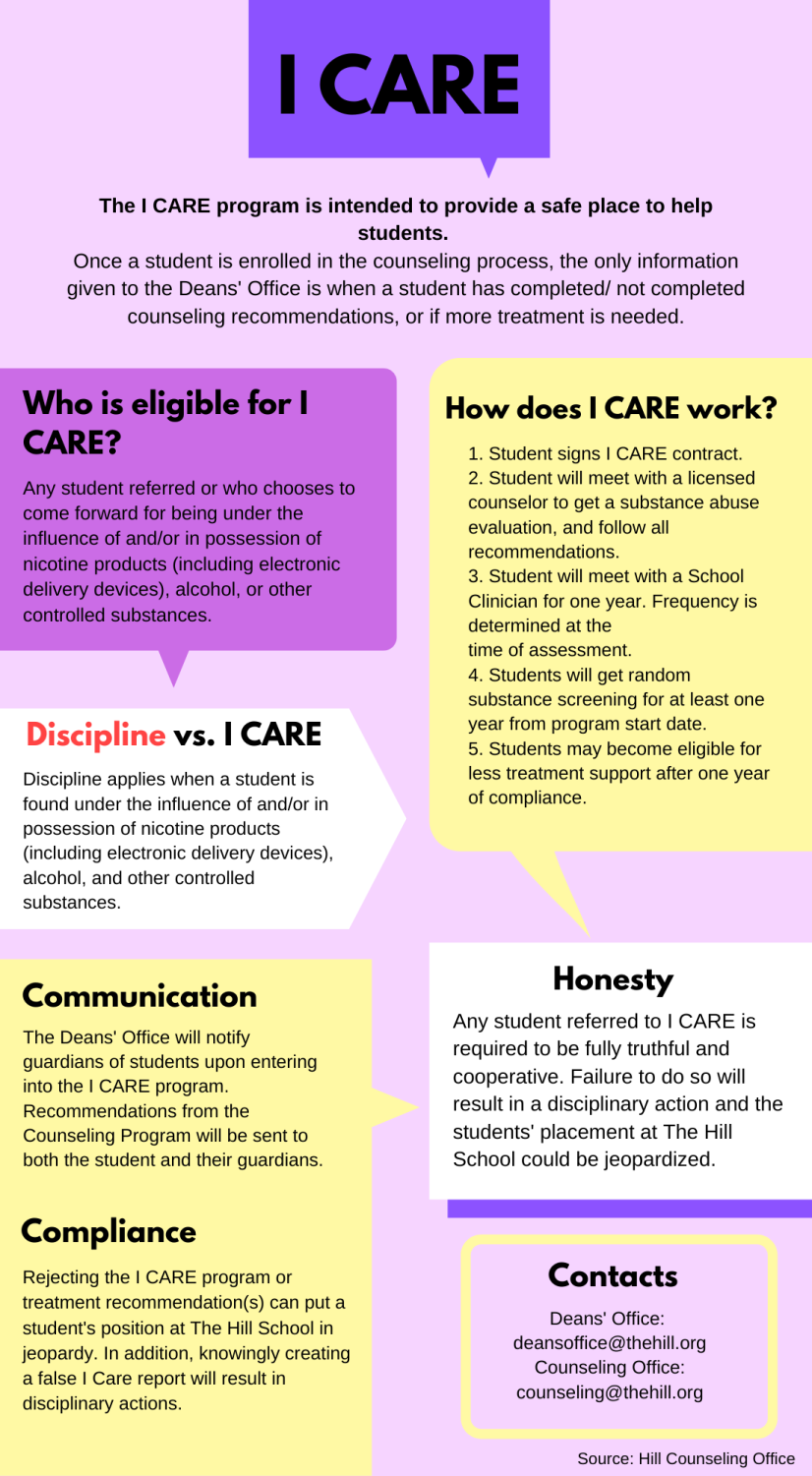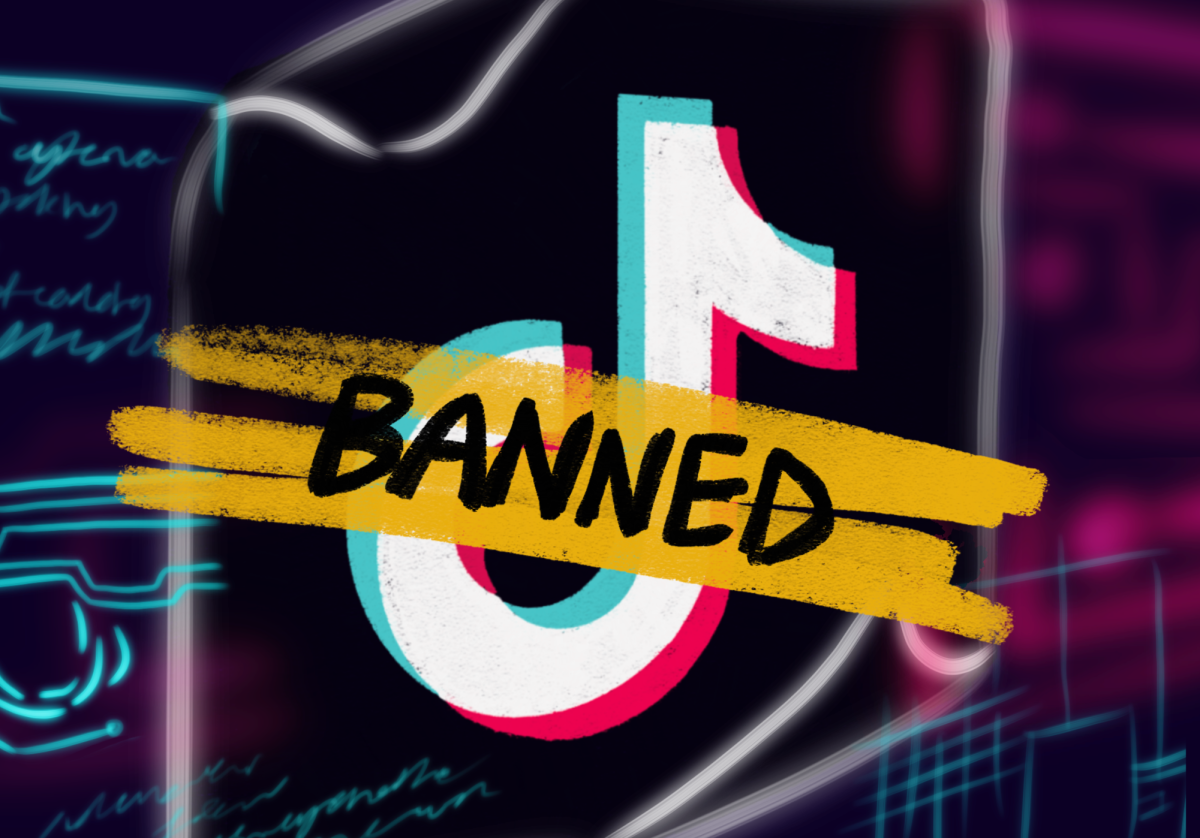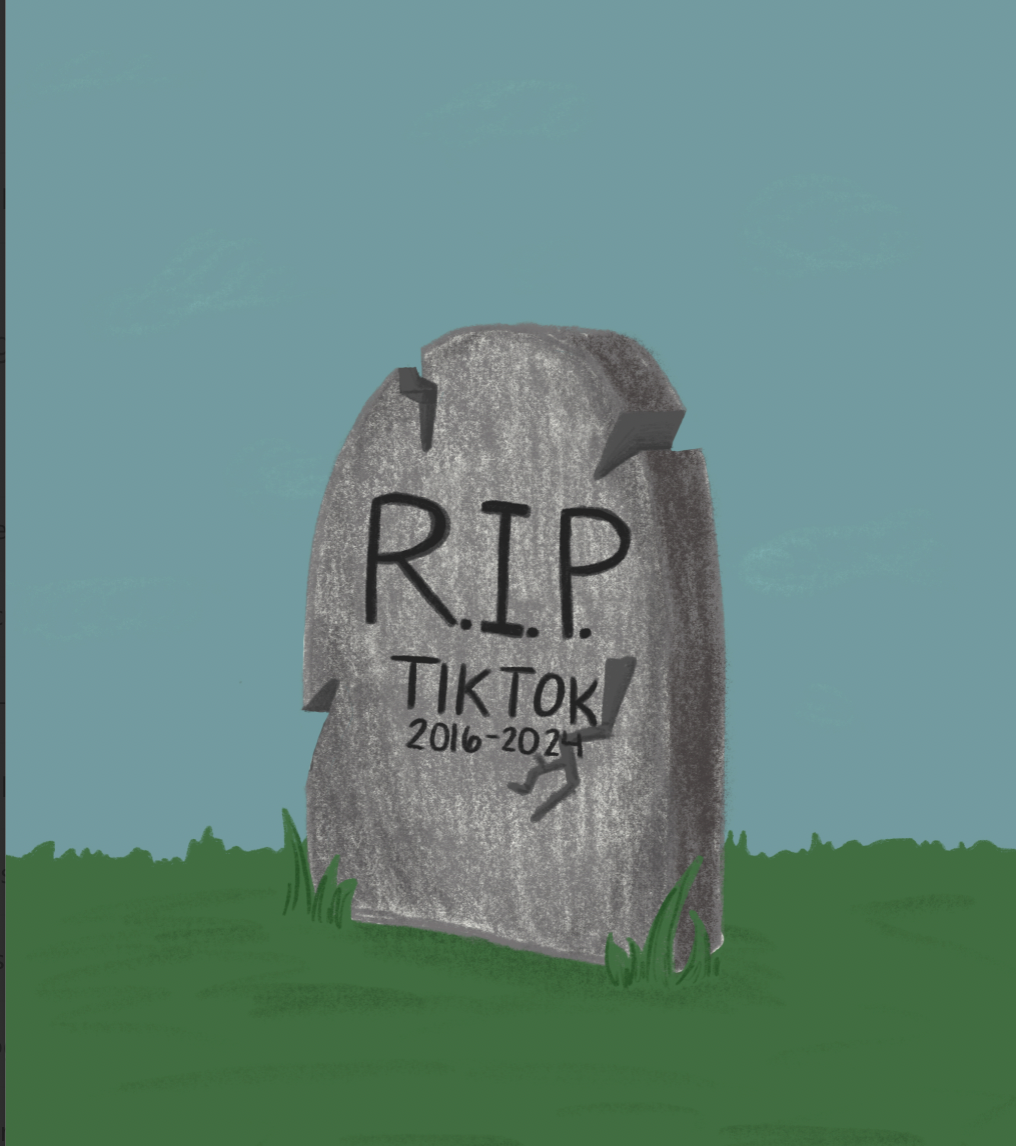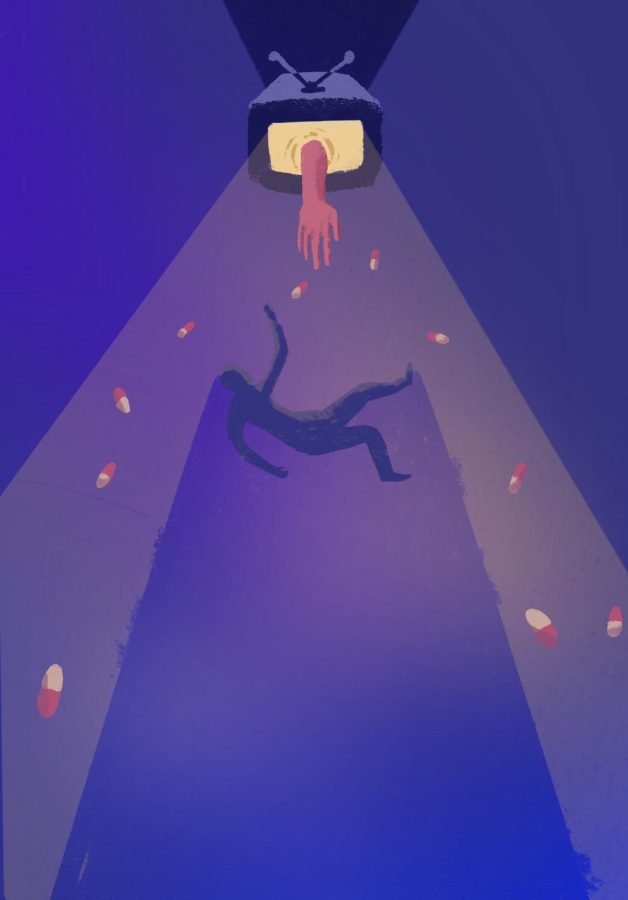“Euphoria” romanticizes drug use
Media: Aidan Ma ’23
For many years society has discussed what appropriate / suitable content for any audiovisual material is and if there exists any subjects or themes that should be banned for public health. The same debate has been seen across all areas of entertainment, like the issue of video games allegedly making children more aggressive. Similarly, recent series targeted to teenagers, like “Euphoria,” have created a debate about the romanticization of drugs.
Different from many other shows, where drug addicts are used as comic relief, antagonists, or simply amoral characters, “Euphoria” follows the story of a high-school addict, Rue, as she and her friends find their way through the struggles of modern teenagers. Credit where credit’s due, “Euphoria” manages to represent and properly depict many recurring themes of high-school life like sex, parties, social media, substance abuse, dysfunctional relationships, mental illnesses, sexual assault and self-esteem. This representation mostly creates an outlet for teenagers to relate and reflect on many of the issues that they encounter. However, the problem begins with the show’s portrayal of the use of substances as coping mechanisms.
Although some conversations and directorial decisions are made to demonstrate the downsides of substance abuse, most of its appearance in “Euphoria” is romanticized and set as a savior or a no-consequence fun activity. With Rue’s addiction and her many emotional rollercoasters, the show justifies the use of drugs as a coping mechanism for the suffering in life. In the same way, it is also used as an alternative to counteract mental illnesses and justified by “being better” than suicide or self-harm. Furthermore, we’re presented with main characters who are drug dealers, and they’re depicted in a friendly manner, which makes one prone to take a liking to them and to view drug dealing as “not big of a deal.” Finally, adding to the justifications previously discussed, drugs are also seen in the show as a substance to experience better states of existence and a way to find extreme happiness and pleasure, summing up to complete the textbook definition of romanticization.
There are extremely few chances someone would run to consume drugs after watching an episode of “Euphoria;” but, similar to the effects of advertising, one should pay attention to how this type of series changes our outlook on substance abuse.
If you or someone you know is struggling with substance use, please contact the Counseling Center for confidential support. Another option is to utilize the School I CARE process; see infographic for more detail.




























